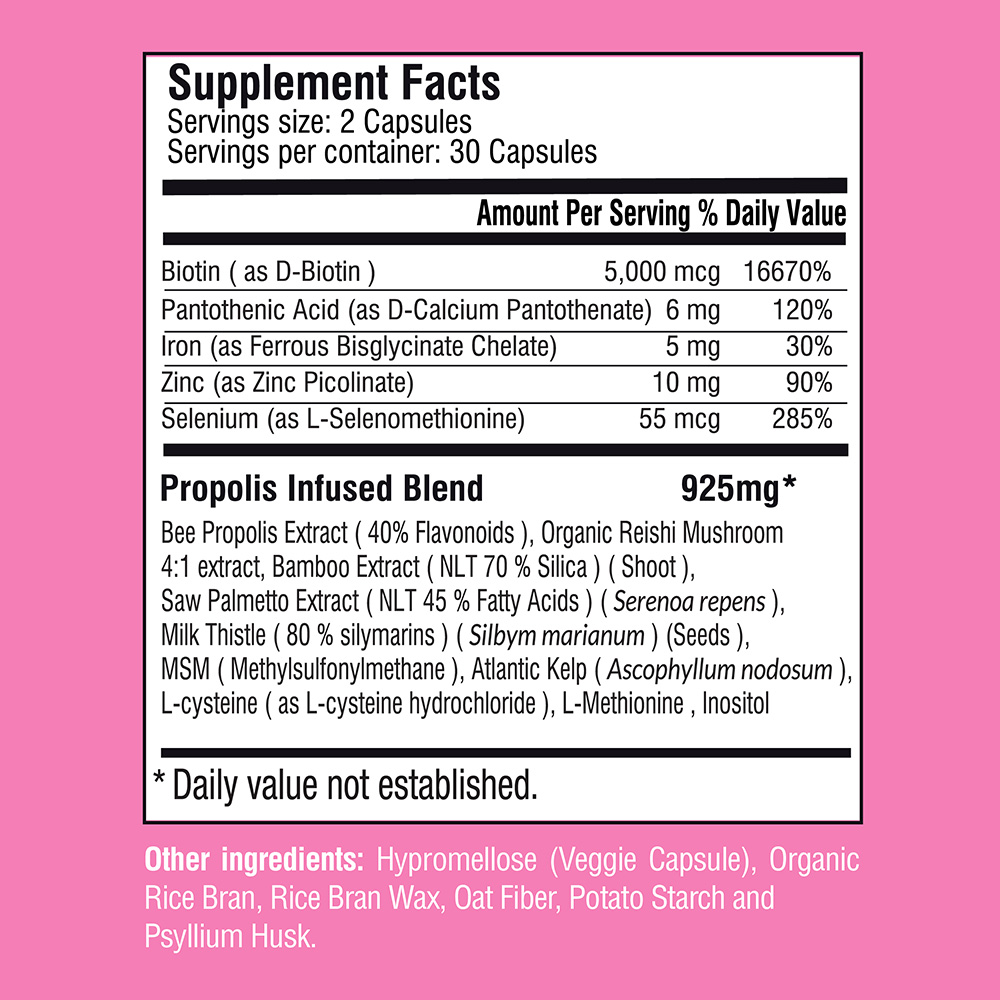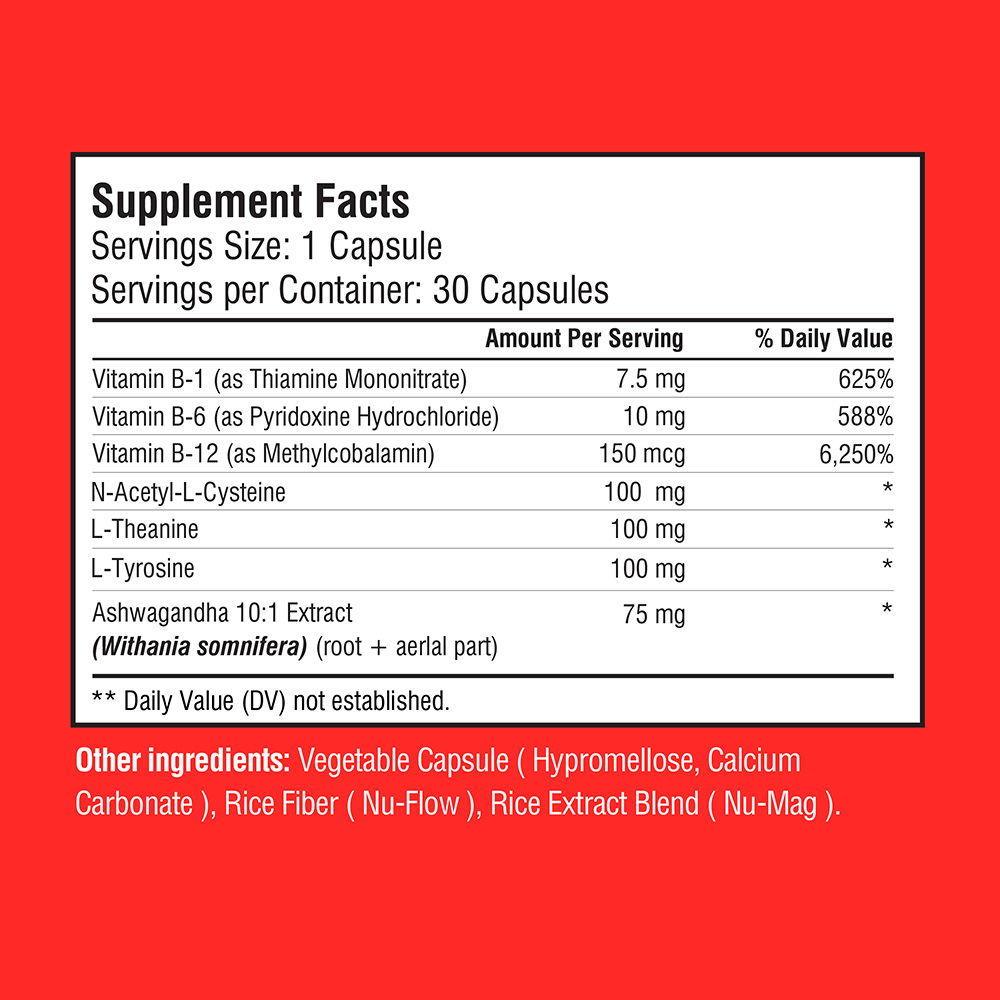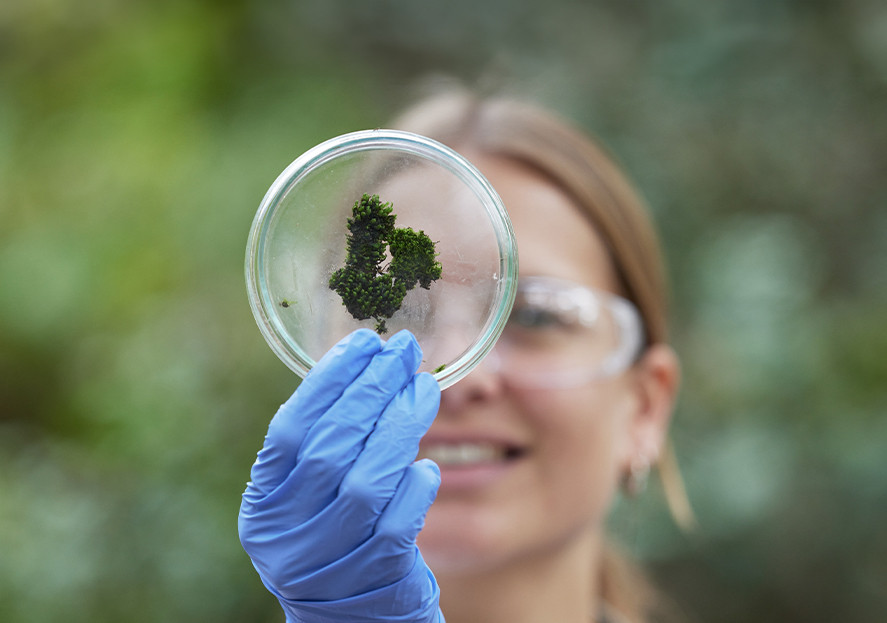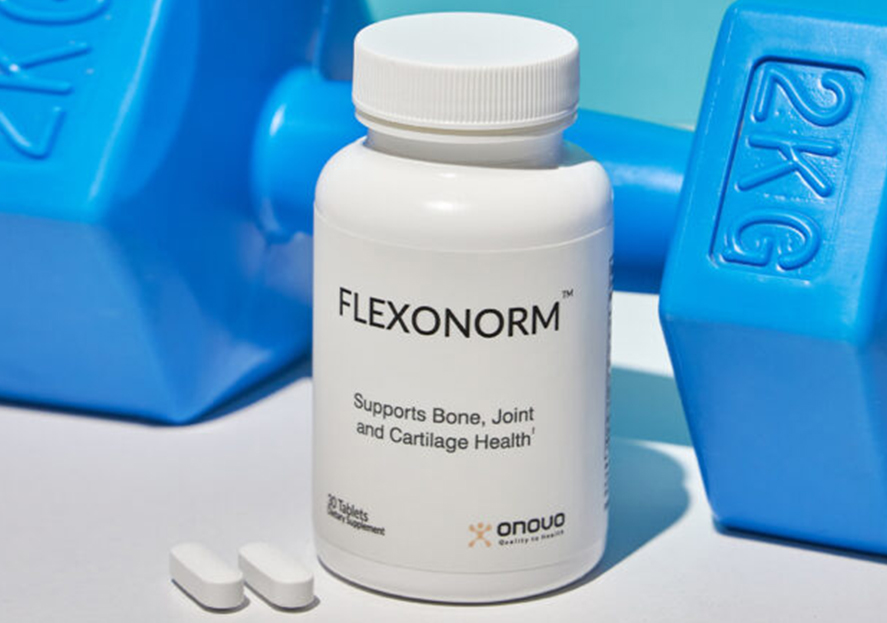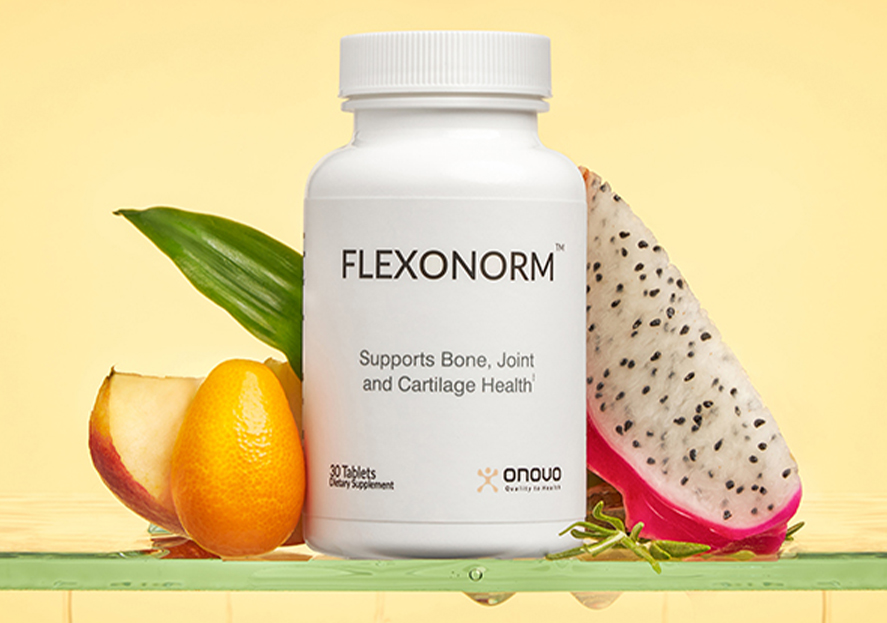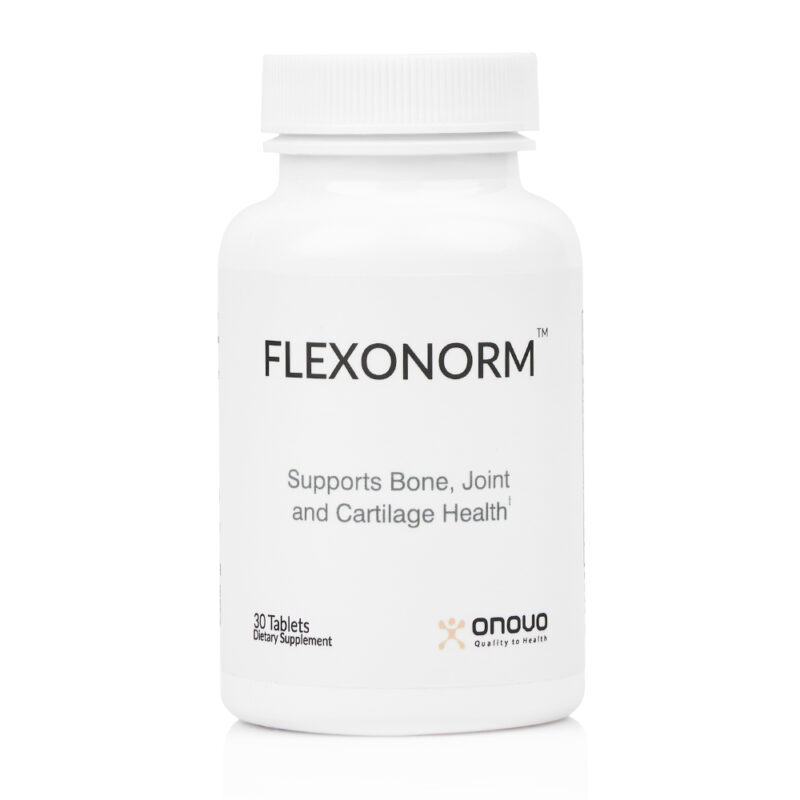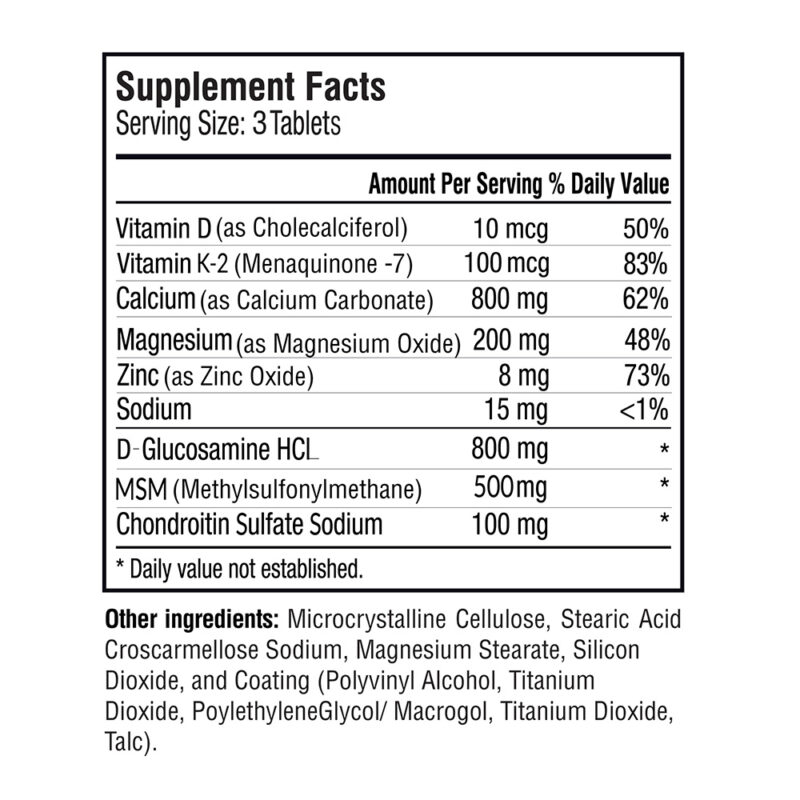Vitamin D – is crucial for bone health. It plays an essential role in maintaining a healthy mineralized skeleton. Without Vitamin D, our bodies cannot effectively absorb calcium, which is essential to bone health.
Also, vitamin D is important for good muscle health. People with very low Vitamin D blood levels may be more likely to experience muscle cramps, bone, or joint pain.
Studies suggest that older people who take Vitamin D seem to fall less often, probably due to better muscle function.
Food sources of vitamin D:
- Milk,
- Egg yolks,
- Breakfast cereal,
Calcium – is a mineral supporting people to build and maintain strong bones and teeth. It is important for other physical functions, such as muscle control and blood circulation.
We lose calcium through our skin, nails, hair, sweat, urine, and feces every day. Our bodies cannot produce calcium. That’s why it’s essential to get it from the food we eat. When we don’t get the calcium that our body needs, it starts taken from our bones.
Calcium food sources
- Broccoli, Kale
- Fatty fish: Salmon, Tuna
- Dairy products
- Bread, pasta, and grain
- Cereal, Juices
It is difficult for some people to obtain calcium due to their diet, lifestyle, or metabolism.
Magnesium: is essential for many processes in the organism, including regulating muscle and nerve function, blood sugar levels, blood pressure, bone health, and DNA. About 60% of all magnesium in the body is found in bone, where it is a structural constituent, along with calcium and phosphate. Magnesium makes up about 1% of the total bone mineral content.
People with higher intakes of magnesium have a higher bone mineral density, which is assists in reducing the risk of bone fractures and osteoporosis.
Magnesium food sources:
- Spinach
- Dairy Products
- Nuts, seeds
- Legumes
- Breakfast cereals
- Chocolate
Zinc: is an essential mineral that is required for normal skeletal growth and bone homeostasis. It is found in cells throughout the body. It is a crucial element for proper absorption of Calcium and Vitamin D to get into cells where it works to build bones. Many zinc-related proteins are found to involve in the regulation of cellular function in osteoblasts and osteoclasts.
Zinc food sources:
- Meat
- Shellfish
- Legumes
- Seeds
- Nuts
- Dairy Products
- Eggs
- Grains



